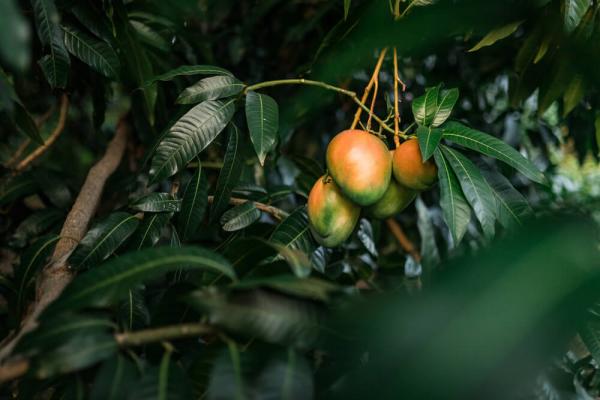Jul 7, 2021
Abuelita theology is birthed from the reality that in Latine religious culture, matriarchal figures serve as the core of preserving and passing on religious traditions, beliefs, practices, and spirituality within the family.
Read the Full Article

Already a subscriber? Login
